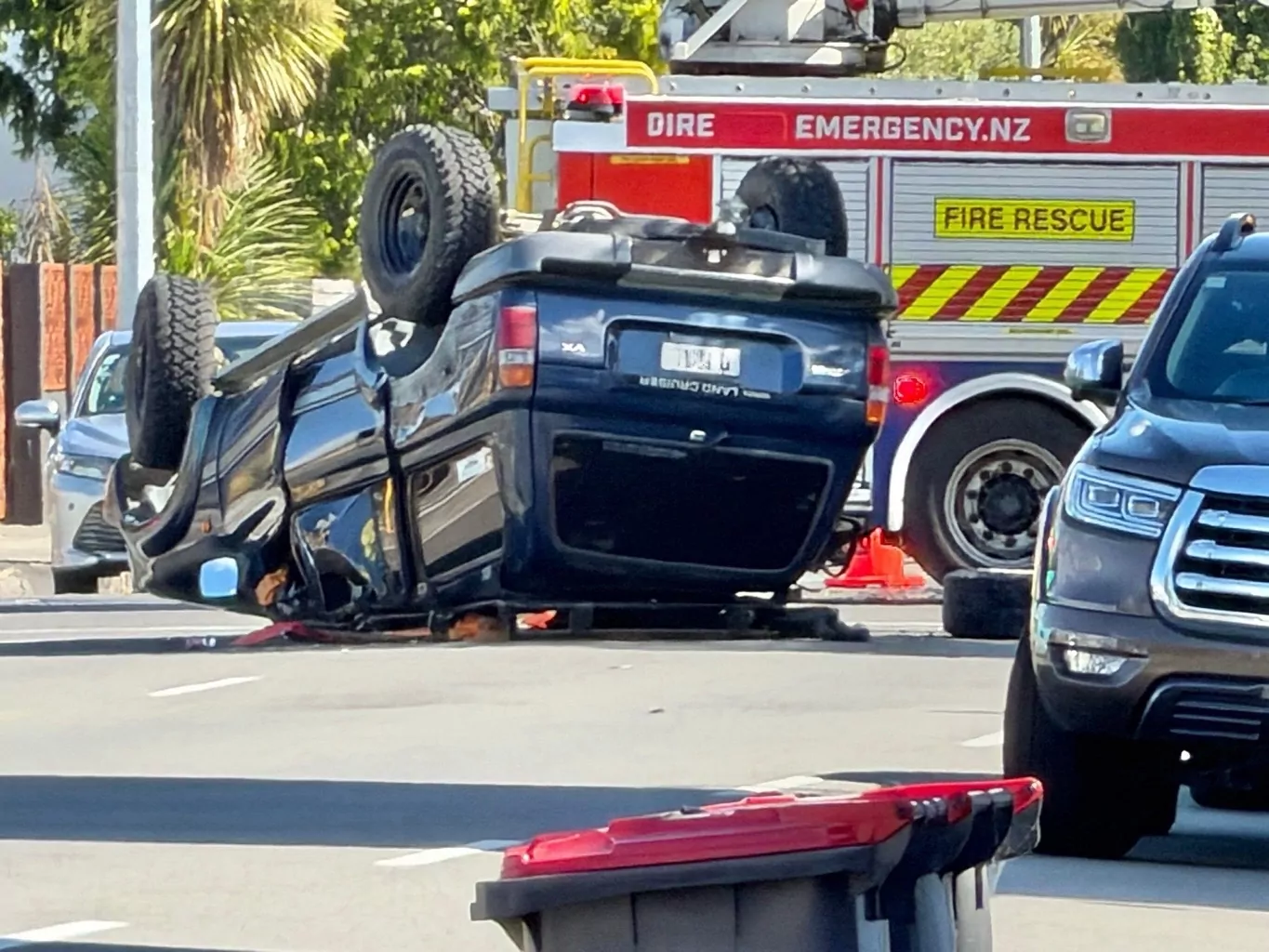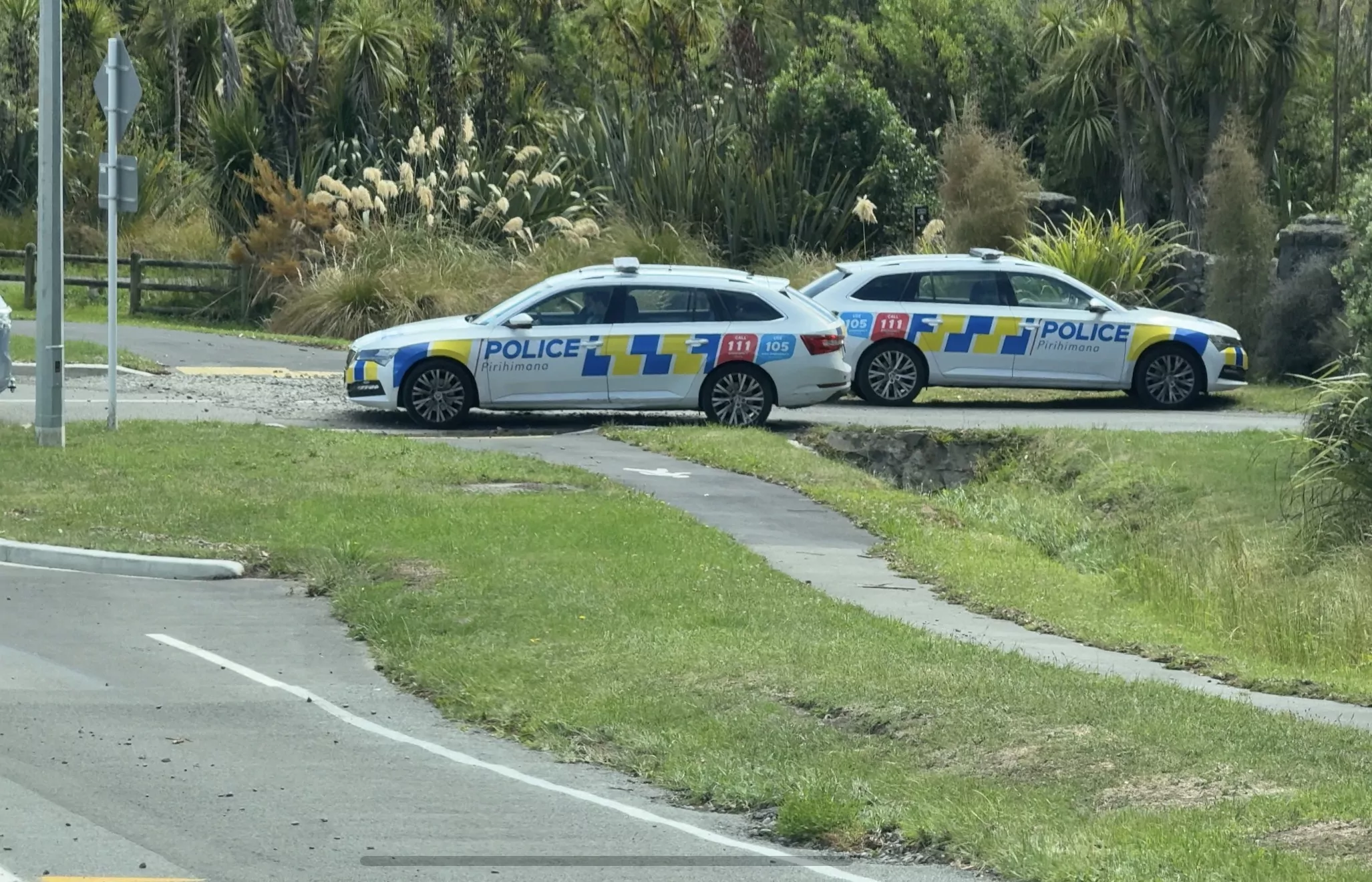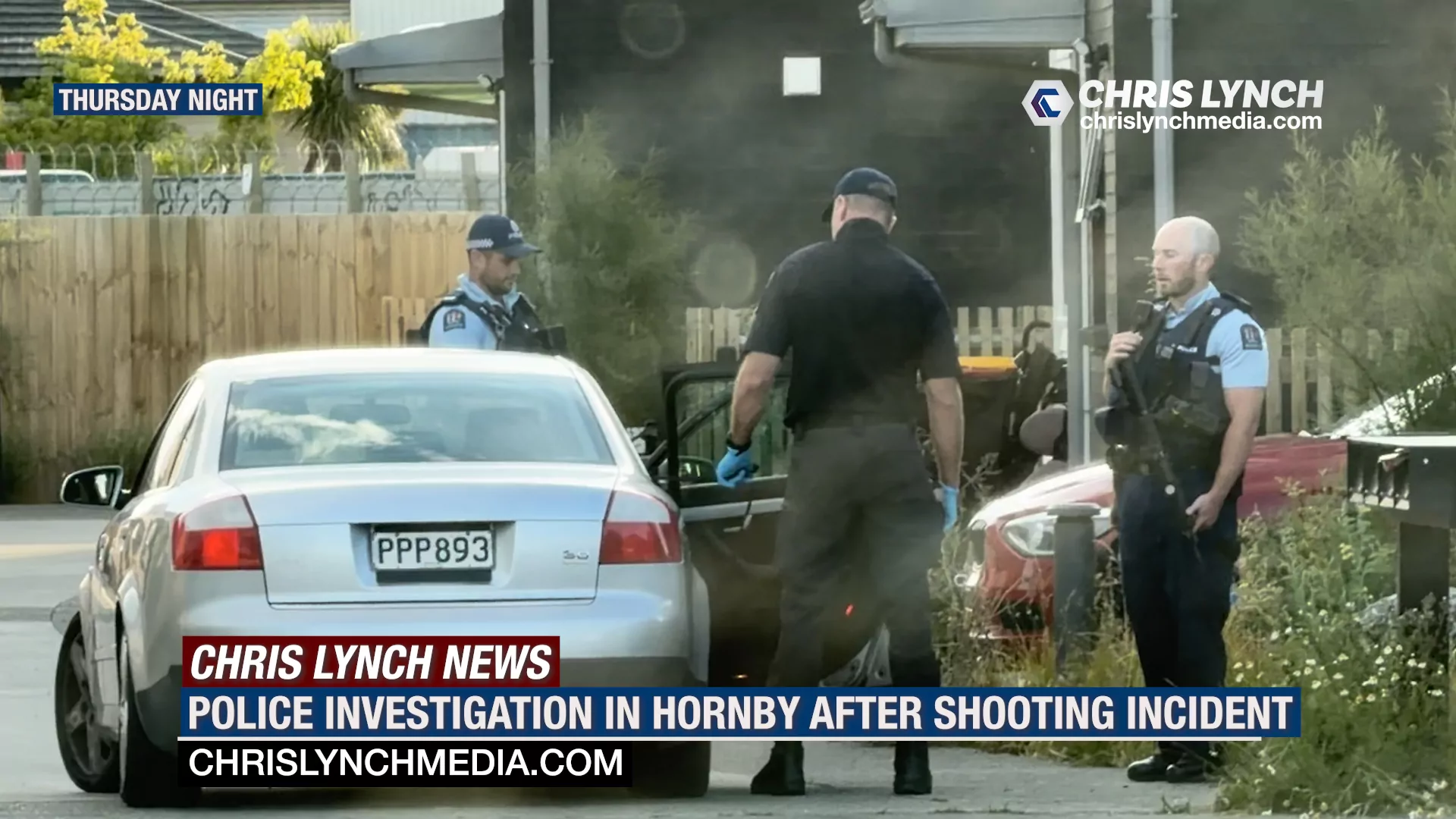Escaped youth tracked by Eagle helicopter, found hiding in New Brighton
The young person who escaped from a youth justice facility in Rolleston has been located...
A coroner’s investigation has revealed the distressing ordeal a North Canterbury man endured after waiting nearly an hour for an ambulance after his wife suffered a heart attack.
At 2:45 a.m. on Sunday, September 20, 2020, Margaret Wells, aged 78, began experiencing severe chest pains at her home in Ashley. Her husband immediately contacted emergency services, saying “I think my wife’s having a heart attack.” He described her symptoms, noting, “she is just lying there – doesn’t look very good at all.”
Despite the urgent call at 2:50 a.m., the response was critically delayed.
By 3:40 a.m., with no ambulance in sight and his wife’s condition deteriorating, Mr Wells called 111 again, reporting that his wife was “getting worse now” and “nearly unconscious.”
The call handler promised that help was on the way and instructed Mr Wells on how to administer resuscitation. Mr Wells, a double amputee, expressed difficulty in moving his wife to the floor, saying, “Can I lay her flat on the bed?… That’s going to be a problem, I’ve got my legs on, it’s hard to lift anybody – she’s breathing, but not the best.”
When the ambulance finally arrived at 3:46 a.m., Mrs Wells was found unresponsive, and all attempts at resuscitation failed.
She was declared deceased at 4:20 a.m., with a post-mortem examination confirming a heart attack as the cause of death.
St John’s Clinical Director, Dr. Tony Smith, acknowledged significant shortcomings in the response.
He explained that the initial call categorisation as “RED1” was appropriate, but the ambulance allocation was mishandled due to an unusually busy night with double the usual number of emergency incidents.
He admitted, “This was a regrettable error and an adverse event,” and apologised for the distress caused to Mr Wells and his family.
Coroner Mary-Anne Borrowdale provided a pointed critique of the emergency response saying “Mrs Wells’ death occurred in circumstances that are deeply troubling.
Despite contacting St John concerning a life-threatening medical emergency, it took almost 70 minutes for an ambulance crew to arrive, due to scarce ambulance resources and competing demands.”
She highlighted that such prolonged response times significantly diminish survival prospects, noting, “The evidence is that Mrs Wells’ survival prospects were halved by the ambulance’s delayed arrival.”
“Since Mrs Wells’ condition had not materially deteriorated until shortly before Mr Wells made the 3.40am second 111 call, it is clear that a valuable treatment opportunity between 3.15 and 3.40am was missed. Had paramedics arrived at 3.15am, Mrs Wells would have received treatment appropriate to her heart attack presenting condition. Would such treatment have saved Mrs Wells? The answer is, possibly.”
The coroner highlighted broader implications for public health, “increased ambulance waiting times increase the risk of patient death,” and stressed the importance of robust emergency service capabilities to ensure timely aid.
She lamented the operational failures, saying, “Even in a rural area, with its expected longer response-times, a 70-minute wait for an elderly woman with a life-threatening and time-critical condition exceeds what is reasonable.”
Coroner Borrowdale criticised the lack of proactive support provided to Mr. Wells during the wait, “When arrival of an ambulance to Mrs Wells was delayed, Mr Wells ought to have received a telephone welfare check from St John. While a welfare check here may not have altered the outcome, Mr Wells’ distress and uncertainty may have been somewhat alleviated.”
She also remarked on the need for more proactive measures in cases involving vulnerable individuals without bystander support, suggesting that “St John ought to have done more to ensure that Mr and Mrs Wells were not left alone and without help or comfort,” and highlighted the need for improved training and protocols.
“None of the call handler’s many questions asked a question like, ‘Are you able to physically help the patient if I guide you?’ Some patients will have able-bodied bystanders who are able to assist, but some – like Mrs Wells – will be without effective help until the ambulance arrives.”
However, Coroner Borrowdale commended St John on the proactive steps it had taken after Mrs Wells’ death to tighten its communications and despatching processes.


